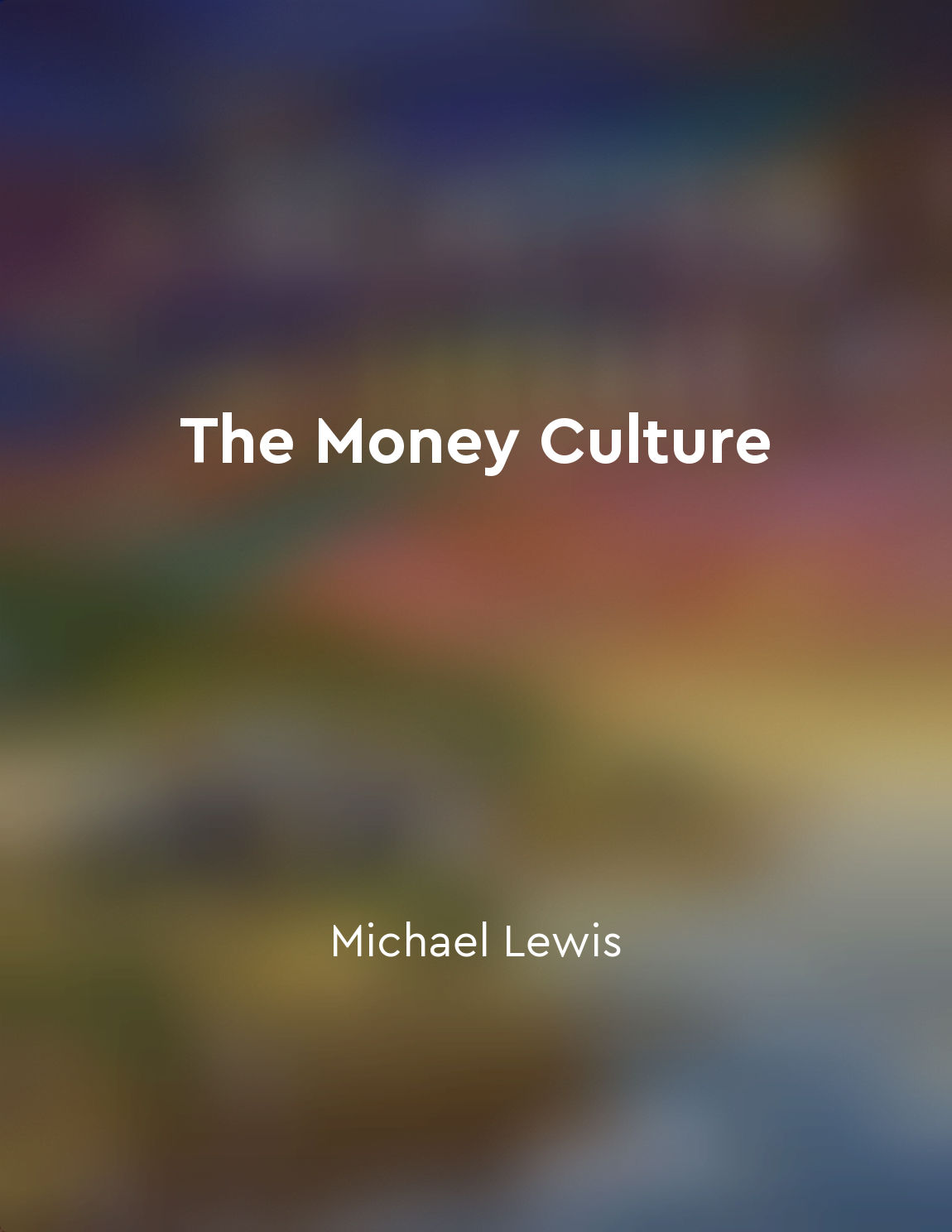Critique of traditional economic theories from "summary" of The Protestant Ethic and the Spirit of Capitalism by Max Weber
Traditional economic theories have long been criticized for their oversimplification of complex human behaviors and motivations. These theories often assume that individuals are solely driven by rational self-interest and the desire to maximize profits. However, this narrow perspective fails to account for the multitude of factors that influence human decision-making. In contrast to traditional economic theories, Weber offers a more nuanced view of capitalism that takes into consideration the role of culture, religion, and social norms. He argues that the Protestant work ethic played a significant role in the development of capitalism in Western societies. This ethic emphasized hard work, thrift, and discipline as virtues that would lead to success in both this life and the next. Weber challenges the traditional economic assumption that individuals are motivated solely by the pursuit of material wealth. He argues that religious beliefs and cultural values can shape economic behavior in profound ways. For example, the Protestant belief in predestination encouraged individuals to work diligently and accumulate wealth as a sign of God's favor. By critiquing traditional economic theories, Weber sheds light on the complex interplay between culture, religion, and economic development. He demonstrates that capitalism is not simply a result of individual greed and self-interest, but rather a product of larger social and historical forces. This perspective offers a more holistic understanding of the origins and evolution of capitalism, challenging the simplistic assumptions of traditional economic theories.Similar Posts
Technological progress can lead to job loss
Technological progress can lead to job loss. This may seem counterintuitive, as we often associate technology with creating new...
Market forces drive capitalist economies
Market forces play a fundamental role in shaping capitalist economies. These forces, such as supply and demand, competition, an...

Lack of accountability breeds misconduct
The idea that no one is responsible for anything is a dangerous one. It creates an environment where anything goes, where indiv...
Individualism and profit motive
In the modern world, the concept of individualism and the profit motive are deeply intertwined. Individualism, as a value syste...
Asceticism and economic success
The connection between asceticism and economic success lies in the teachings of certain Protestant denominations, particularly ...
Business as a form of religious service
The Protestant work ethic, as advocated by Calvinist teachings, emphasized the importance of hard work, frugality, and diligenc...
Economic activities as a form of worship
The idea that economic activities can be seen as a form of worship is a central theme in 'The Protestant Ethic and the Spirit o...
